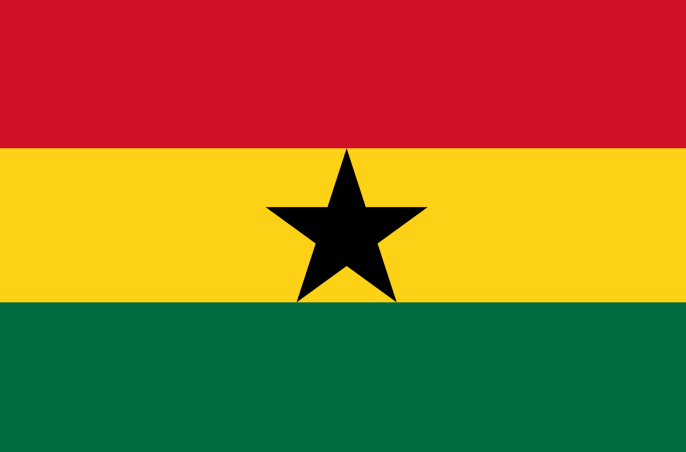Africa: Trends in Mobile Commerce (m-Commerce) in Africa

JULY 15,2014.
PRESS RELEASE.
Traditional commerce is regarded as the buying and selling of commodities on a large scale between different places or communities. This type of commerce has been with us for a very long time.
However, advances in the banking system and the development of a new knowledge society, based on information technology, has led to the emergence of a new type of commerce known today as electronic or e-commerce, defamed by the US Census Bureau as "any business transaction whose price or essential terms were negotiated over an online system such as an Internet, Extranet, Electronic Data Interchange network, or Electronic Mail System."
Today, e-commerce has evolved into a set of technologies, applications and business processes that link business, consumers and communities. "
A subset of electronic commerce that has evolved over the years is mobile or m-commerce, defined by Tiwari and Buse as "any transaction, involving the transfer of ownership or rights to use goods and services, which is initiated and or completed by using mobile access to computer mediated networks with the he p of an electronic device."
J.P. Morgan views it as "Business-to-consumer transactions conducted from a mobile device." Generally, it is regarded as any transaction with monetary value that is conducted via a mobile telecommunications network. The technology of using the mobile phone to purchase goods or services has been around for quite sometime.
In one way or the other, most of us have made use of m-commerce without formally acknowledging or according it that status. For example, we have used our mobile phones to purchase airline tickets, ordered food from a restaurant, made a booking at hotel, transferred money from one account to the other, etc. The question before us is, will the use of mobile commerce be widespread in Africa. There are a number of factors to suggest that the use of mobile commerce will be widespread in Africa. Africa is described as the world's fastest-growing mobile phone market.
The exponential growth of mobile and other wireless technologies have propelled Africa into the, mobile revolution. With over 140 million mobile subscribers across the African continent, and 1 in 10 Africans being a mobile phone subscriber, according to the International Telecommunication Union's (ITU) data, it is easier for the continent to move in the direction of m-commerce. According to United Nations, Africa accounts for 14.2% of the global population, but only 4.7% of all Internet users. Contrast this with mobile service on the continent.
The major services began around 2000. Today, the continent can boost of over 120 million mobile users, according to ITU. This faster pace of mobile subscription will definitely boost the spread of m-commerce in Africa.
Compared to other businesses, the entry or start-up cost into m- commerce is low. For example, through mobile banking, a loan can be made available to a person interested in becoming an m-commerce player.
No wonder, Vodafone Safaricom, two mobile phone companies operating in Kenya have been successful with their m-commerce payment service aimed at those at the base of the pyramid, the unbanked. Over 1 million customers have signed up on- to their M-PESA service.
Another advantage is that m-commerce' does not need the Internet as a medium, but it does require mobile data. It is therefore a cost-effective way of becoming connected to the knowledge society.
It is generally acknowledged that users of computers tend to be more literate than mobile phone users. This means users of m-commerce do not need the high skills needed by users of e-commerce.
For example, there is no need for one 'to learn how to use the computer- when engaged in m-commerce. In spite of the wide- spread use of mobile phones on the continent, m-commerce is still 'in its infancy in Africa. Fact is, it takes more than mere phone ownership and availability to move in the direction of m-commerce.
There are a number of challenges that need to be addressed before Africa can be a world player in m-commerce. Teledensity, the number of telephone lines per some unit of the population ~often per 1 00 people); is below expectation.
The ITU notes that mobile cellular subscribers in 10 of the 53 countries in Africa are more than 70% of total telephone subscribers. They note further that 32 countries have more prepaid mobile cellular subscribers than fixed line subscribers.
There is the need for the ratio to be improved for an effective m-commerce take off. Mobile phone operators need to move in the direction of providing value- added products and services that will facilitate the use of m-commerce.
For example; more prepaid services on the phone will facilitate the use of m-commerce. Also, mobile marketing is increasingly being used by corporations to market 'their products. While this may be regarded as mobile spam, sometimes, it provider's valuable information. Currently, the area of mobile marketing is a very grey area.
The movement from 3G to 4G and beyond networks will help facilitate m-commerce. 3G networks, for example, will support high speed applications, allow subscribers to access new services, -and expand the capacity of the network Use of m-commerce requires collaboration among various players, mobile service providers, financial institution product developers, etc. This is not easy to achieve. M- Commerce will certainly change the way Africa does business, due to its numerous business opportunities on the continent. Africa needs to take measures to address the challenges to enable its widespread application.
 Africas leading resource for digital financial services
Africas leading resource for digital financial services


comments